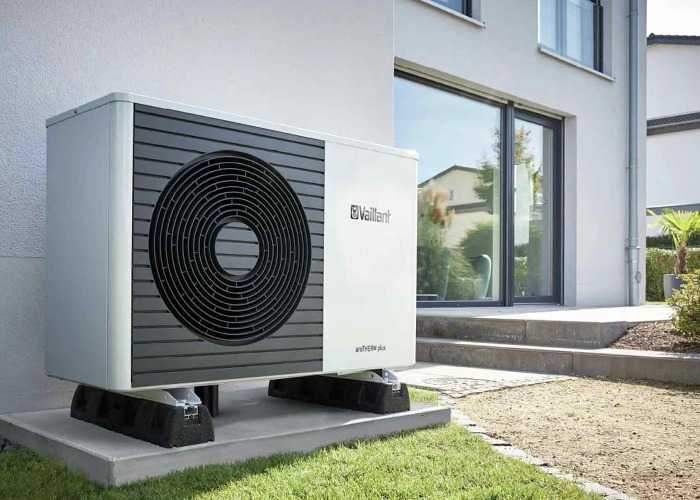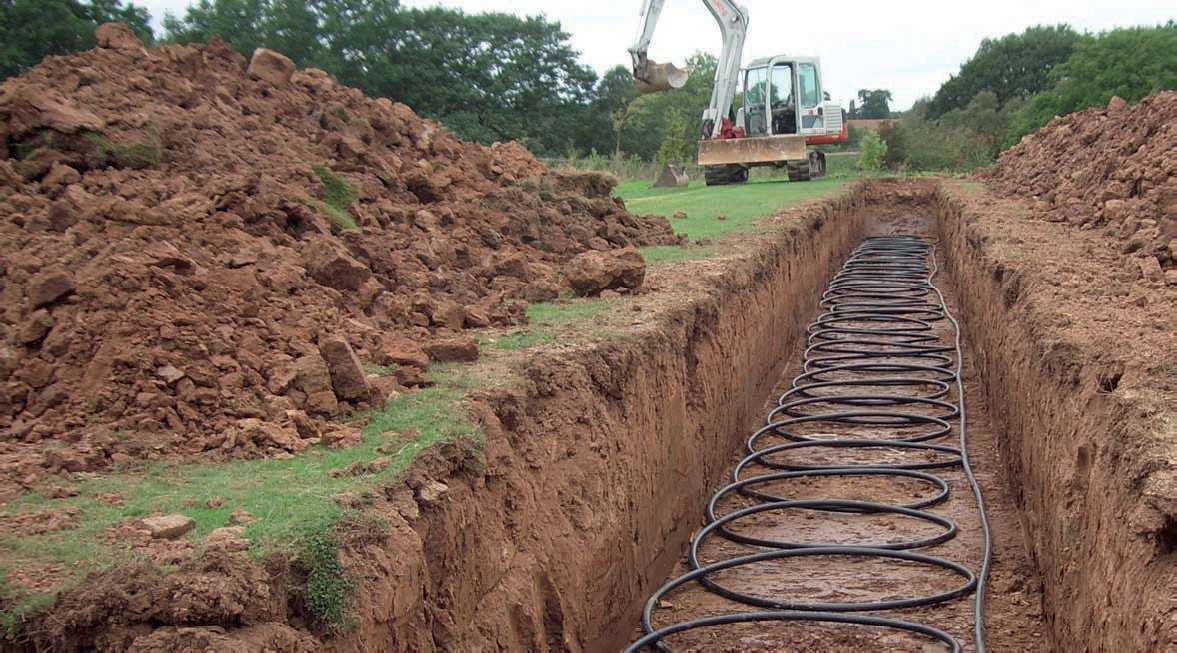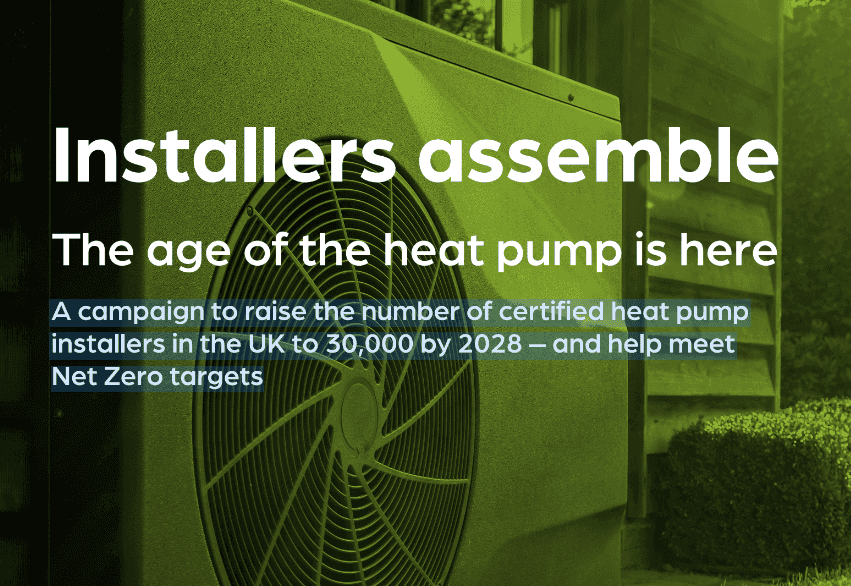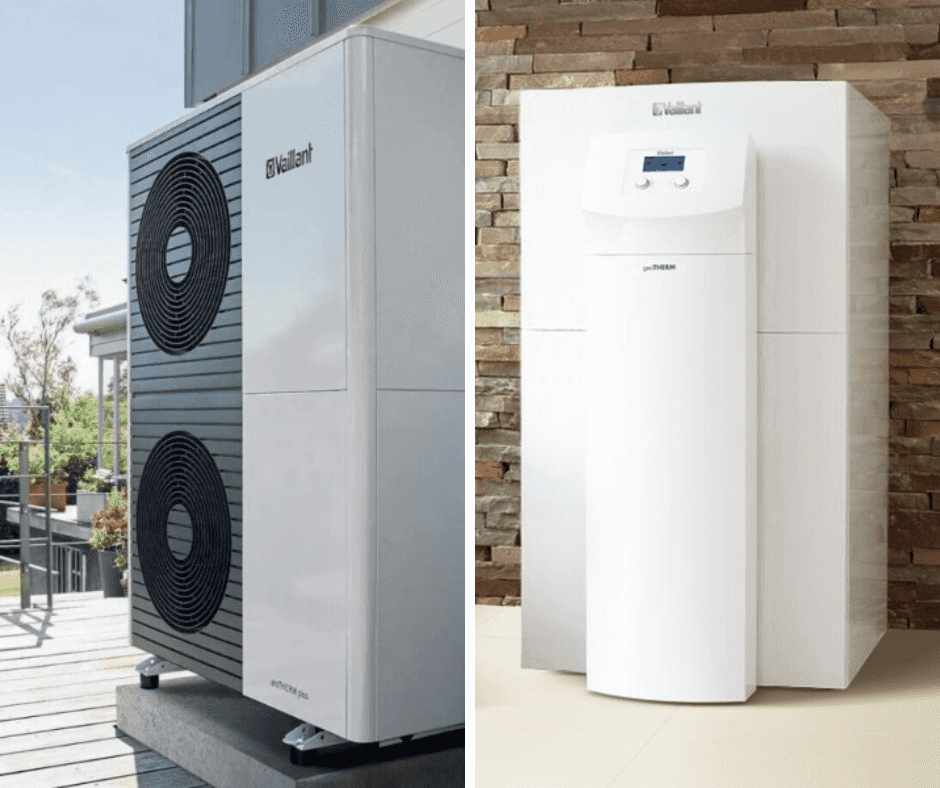
Air source vs. ground source heat pumps: which should you choose?
Both air and ground source heat pumps have seen a rise in popularity over the years with more households looking to go green. If you’ve been considering ways to be more climate-friendly then there truly isn’t a better time to make the switch to renewable heating solutions in your home.
The UK government has announced plans to reach net zero emissions by 2050 and it’ll take everyone doing their bit to achieve that. With 14% of the country’s emissions coming from households, it’s an important area in which to make improvements.
Heat pumps are a great way to make homes more energy-efficient and ultimately reduce emissions. If that sounds like something you’d like to install, though, you’ll need to decide on which type of heat pump to use. To help you to choose between air vs. ground source heat pumps, we’ve put together a guide to the considerations for homeowners looking to go green.
Cost
The cost of heat pumps can vary from household to household and that’s due to a range of factors including:
The size of your house
How much preparation work is needed
Efficiency-boosting upgrades to your radiators or underfloor heating which may be recommended by your installer
Type of heating solution, with air source heat pumps being cheaper to install
Air source heat pumps are cheaper than ground source heat pumps but many would argue that the additional cost for ground source is worth it. This is because they’re more efficient when heating your home, so you’ll save money on household bills.
Efficiency
The efficiency of air source vs. ground source heat pumps is dictated by the temperature of the location in which you live. In colder places, more energy is required by the pump to heat up your home.
Air source heat pumps work with temperatures between -5°C and 25°C, whereas a ground source uses the temperature of the soil, which consistently stays at over 5°C. This means that both pumps will be more efficient during different seasons but, in the UK, the ground source heat pump will be more efficient across the course of a full year.
Although not as efficient throughout the year, air source heat pumps should always be considered for their cost-effective installation prices.
Installation requirements
When weighing up air source vs. ground source heat pumps, the installation requirements will likely play a large part in your decision. Air source is much quicker and easier to install as your land doesn’t need to be dug up as it does with ground source. The air source heat pump is simply placed on the side of your home as an air conditioning unit would be.
If you’re considering a ground source then you’ll need to assess if you’ve got enough land to install a ground loop big enough to power your home. If you have little room then you can still install one but you’ll need to use boreholes to place the ground pipes in vertically. This will add to the installation costs.
For ease, efficiency and cost, air source beats ground source. However, if you have enough space, ground source shouldn’t be ruled out.
Planning requirements
Air source heat pumps usually don’t require planning permission as they tend to fall under ‘permitted developments’. Ground source heat pumps, by contrast, require extensive labour and planning permission due to how much work is involved. These projects can take several weeks to complete and will involve digging up land around your home.
Getting planning permission for the work shouldn’t be too difficult but, of course, opting for air source instead removes this as a concern.
Lifespan
A ground source heat pump has an advantage vs. air source on lifespan. A ground source pump has a design life of 20 years and requires very little maintenance due to it being protected from environmental damage.
Air source pumps, on the other hand, have an expected lifespan of just 10 years due to their constant exposure to the elements. While an air source heat pump is cheaper and quicker to install, then, it won’t last as long before needing to be replaced.
Emissions
Making the switch to heat pumps is done to make your home more energy-efficient, so you’ll want whichever system you choose to have low carbon emissions. As ground source heat pumps are more efficient, you can expect them to have a lower carbon footprint.
However, both offer lower emissions than traditional heating solutions – as long as you’ve got the right size heat pump – so both should be taken into consideration.
Get your air or ground source heat pump with Energy Efficient
Ready to introduce renewable energy solutions to your household? Whether you’re an installer or a homeowner, we have everything that you need to ensure that the project goes smoothly. To find out more or to make the switch to renewable today, get in touch with our team of experts.


